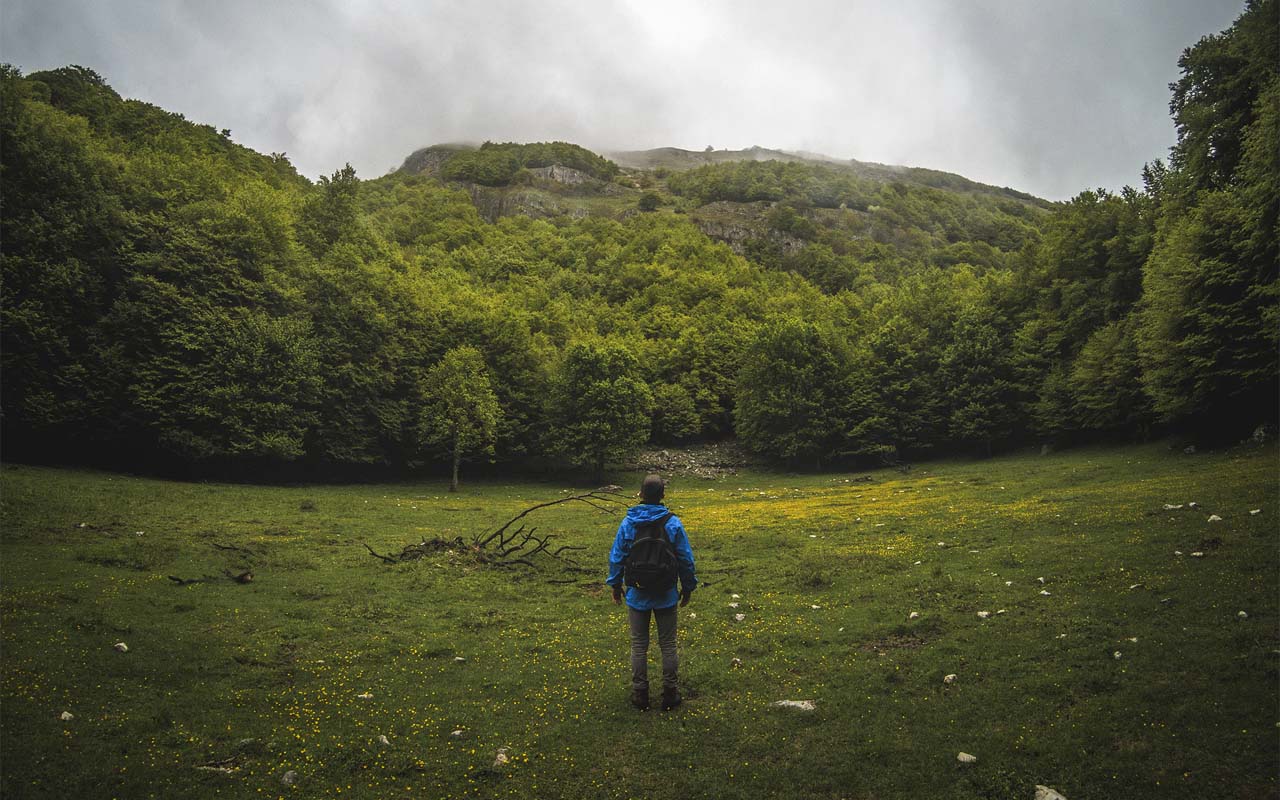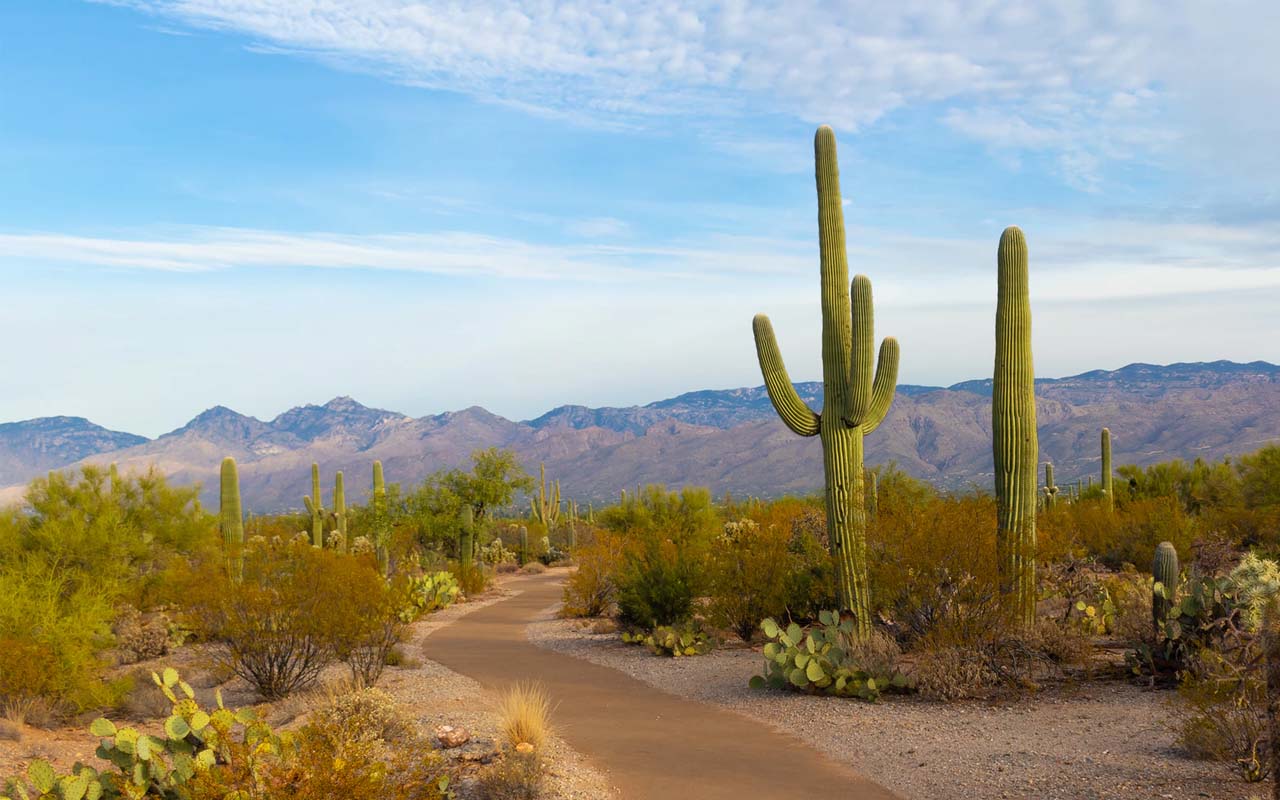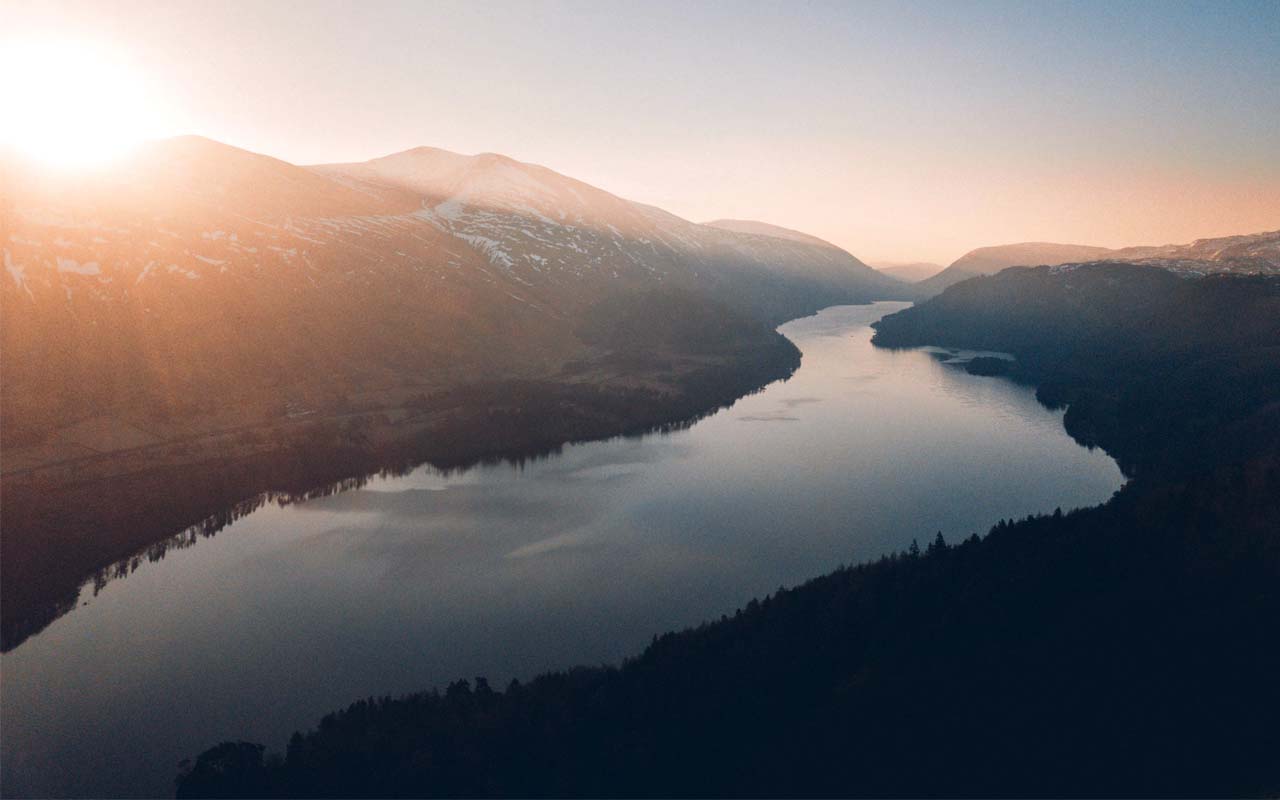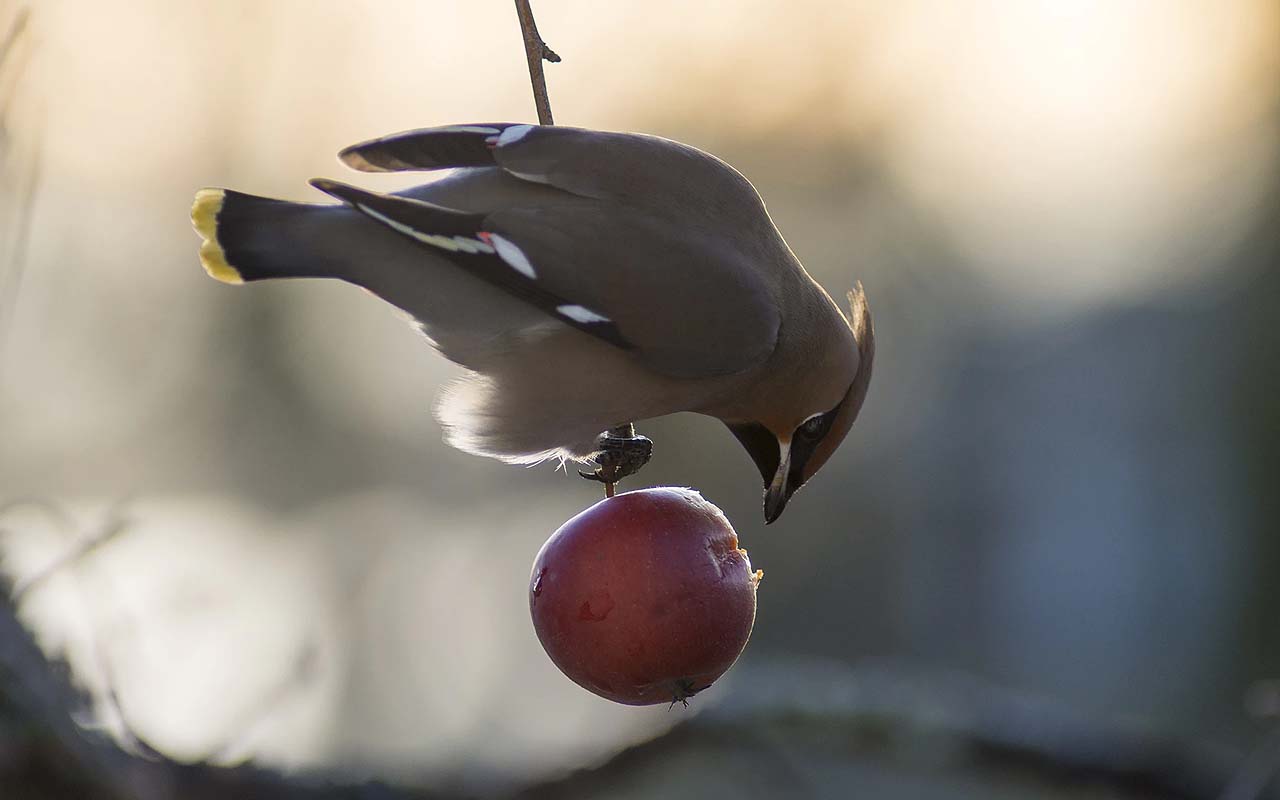For those who seek adventure, there is no bad season. However, when we set out on an adventure, it’s not unusual to come across trouble. These obstacles can sometimes put us in a difficult situation and at moments like that, time is of the essence. For years, we grew up listening to stories and advice, passed down through generations. While much of the information is true and can really help in certain situations, there are some tips that are actually just plain myths. Not only are they myths, but they can also be unsafe if someone chooses to believe them. Here, we are listing some of those myths, that can actually be dangerous advice for those who want to ensure their survival.
Myth 1: You need to find a food supply immediately if you are lost in the wilderness.
Fact: You can survive up to six weeks without food. The top priority should be shelter to protect yourself from the outside elements.

Depending on factors such as one’s metabolism rate, athletic abilities and genetic variation, the ability to survive without food varies from person to person. An average person however, can live up to six weeks without food and three days to a week without water. In a case where you are lost in the wilderness, your first priority should not be trying to find a viable source of food and water. Instead, you should prioritize finding shelter, since factors such as harsh weather conditions could cause you to burn energy at a faster rate. Besides, a shelter would also shield you from the diverse species inhabiting the wilderness and keep you warmer in cold weather conditions. (source)
Myth 2: The fluid in a cactus can be a viable source of water if you’re lost in the desert.
Fact: You need to be experienced enough to pick out the one kind of barrel cactus that you can filter water from safely. Apart from that, cactus fluid will make you sick, which will leave you more dehydrated.

We have often heard or seen the popular myth that you can drink cactus water to survive in arid landscapes. While it’s true that there’s fluid in cactus, if you drink it, it can make you sick and severely dehydrated. This is because the pulp of a cactus is very acidic and many cacti contain toxic alkaloids. What most grocery stories sell are generally young spring pads which naturally contain less oxalic acid. Besides, cooking leaches out the acid. So, if you are lost in the desert and are desperate for water, make sure you are experienced enough to pick out the right kind of barrel cactus, so that you can safely filter water. If not, then, you should avoid it at all costs since it will only make you more dehydrated. (source)
Myth 3: Moss grows on the north side of a tree.
Fact: Depending on the environmental conditions, moss can grow on all sides of a tree. Never use this folklore as a means to navigate through the wilderness.

Moss is a simple plant that likes to grow in shady locations so it does not dry out. In places like Santa Barbara, California, the sun is not directly overhead, but to the south. So, the south side of any object will get more sunlight than the north, which is why moss likes the north side of trees. However, depending on the amount of trees and the shade they provide, moss can grow on all sides. If the environment conditions favor the moss, it will thrive wherever possible. So, never use moss as a reliable source to navigate through the woods. (source)
Myth 4: To warm someone suffering from hypothermia, dip them a in hot tub.
Fact: Sudden increase in body temperature can trigger a heart attack. Instead, warm them up slowly and steadily.

There are three types of hypothermia: mild, moderate and severe. Depending on the severity, adequate steps should be provided to the individual. However, trying to raise one’s body temperature extremely fast in such situations can trigger a heart attack. Hypothermia occurs when a person’s body temperature falls below 95° F or 35° C. While raising their body temperature is the necessary step, it is also crucial to raise it gradually rather than immediately. If raised immediately, it could cause the blood pressure to drop, causing a heart attack. Use blankets, which is what first responders use in such situations. (source)
Myth 5: A cave is the best place to start a fire.
Fact: Most caves are highly unstable and the increase in temperature inside a cave can cause the rocks to expand and crumble.

Not all caves are as stable as cowboy movies portray them to be. Before you go exploring a cave, always check with the local ranger district to make sure that it is safe for exploration. In a case where you are stranded and you come across a cave, it will seem wise to use it as shelter. Although it might appear stable, caves can be extremely unpredictable. Loud noises or the rise in temperature from a fire can cause the rocks to expand and crumble. It’s also wise to never start a fire in an enclosed atmosphere but rather a wide-open space outside. (source)
Myth 6: If you are lost and come across a river, you should follow it downstream and, sooner or later, you will come across civilization.
Fact: It could be days or even weeks before you come across help. Regardless of that, depleting resources and exhausting yourself reduces the chances of survival.

Being lost in the wilderness is an incredibly frightening experience. When we have absolutely no idea where we are, panic settles in and we start wandering in search of help. In a case where you come across a river, it might seem like a reasonable idea to follow the river downstream. While it is true that civilization exists closer to the sources of water, it can also be dangerous to wander around unfamiliar territory. Depending on where you are, it could take days, weeks or even months to reach help. It is also a bad idea to waste valuable resources and energy by walking for days or weeks. According to experts, the best thing to do is to remain calm and wait in the same spot. This helps rescuers narrow down their search area. (source)
Myth 7: In case you can’t find a source of water, eat snow to stay hydrated.
Fact: Eating snow causes the body temperature to drop quickly. If desperate, melt the snow into water and consume it.

For some of us, part of growing up is listening to our parents say “don’t ever eat yellow snow”. As it turns out, eating any color snow is bad for you. If we are ever stranded in a deserted place in winter, finding a source of water can be troublesome. No matter how hard it becomes and how dehydrated you feel, never eat snow. In emergencies, the first and foremost important thing is to maintain your body temperature. Consuming snow causes a sudden decrease in body temperature, causing you to burn more energy since your body has to melt the snow into water in order to use it. Recent studies also show that snow can act as a sponge, attracting pollutants from exhaust. So, eating snow not only causes a drop in your core temperature, but you are also ingesting harmful pollutants. (source)
Myth 8: There is a mandatory 24-hour waiting period to file a missing persons complaint.
Fact: There’s generally no waiting period to file a missing person’s report. The faster you get the law enforcement involved, the better the chances of finding them.

The idea that there’s a certain waiting period to file a missing person’s report is simply a myth. Some movies often portray this idea since it makes the movie more dramatic. In real-life however, there’s no waiting period. If someone you know or care about goes missing, it’s important that you get law enforcement involved immediately. In such cases, time is of the essence and the first 24 hours are the most important time to find the missing person. When you contact law enforcement, make sure to provide every small detail, since everything helps in an investigation. (source)
Myth 9: If an animal eats something, it’s safe for you to eat it.
Fact: Birds and squirrels can eat certain berries and mushrooms that would be harmful to a human being.

Despite having some similarities, there’s still a massive difference between humans and other animals. For instance, there are some animals that eat plants that are edible for humans, but at the same time, they can also eat plants that can be harmful to us. If you are lost in the wilderness and see a bird chowing down on something, never assume it’s safe for you, too. Birds can eat a variety of berries that humans cannot. Squirrels on the other hand eat nuts that are edible for humans, but at the same time, are capable of eating mushrooms that can be harmful to humans. (source)
Myth 10: Follow flying birds to find water.
Fact: Most birds roam far and wide for food, and since we have no way of knowing a bird’s plans, relying on them will be a huge mistake.

Some aquatic birds rarely leave the water’s edge. Others however, have a wider migratory range. Some supposed “experts”, claim that in case you are lost, follow birds since they will always fly to a source of water. This is not true since birds can be flying towards a source of food, water or simply to a known clearing to spend the night. Since we are not capable of reading a bird’s mind, it’s best to not rely on them to lead us anywhere. (source)




